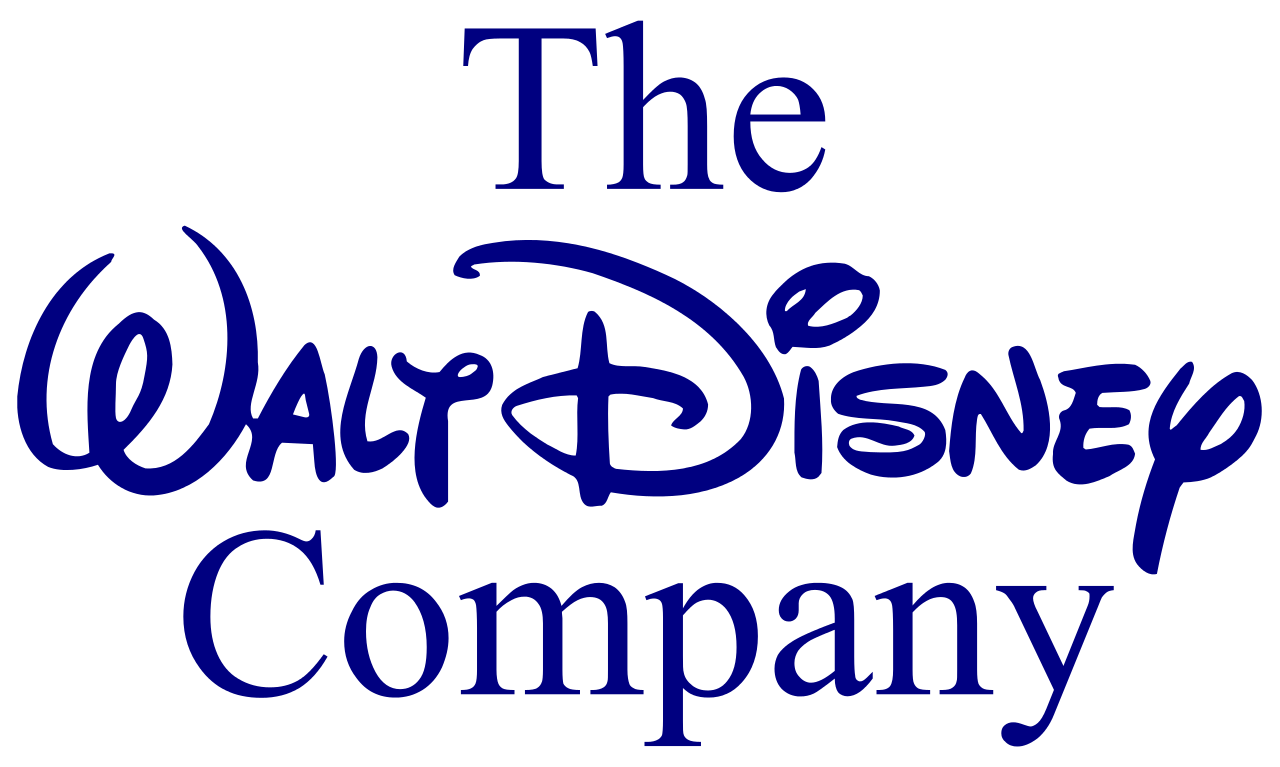NEVER FORGET: Jury found Pfizer guilty of violating antiracketeering law
01/18/2023 / By Belle Carter

On March 25, 2010, a jury in the United States District Court for the District of Massachusetts found Pfizer Inc. guilty of violating both the Racketeer Influenced and Corrupt Organizations (RICO) Act and California’s Unfair Competition Law by advertising off-label uses of the epilepsy drug Neurontin.
The jury awarded Kaiser $47.6 million for the RICO violations, which according to that law, are automatically tripled.
The federal jury ordered Pfizer to pay the amount for damages its incorrect marketing inflicted on patients and for violating the law in its marketing of Neurontin. Complainants Kaiser Foundation Health Plan Inc. and Kaiser Foundation Hospitals accused the pharmaceutical company of promoting the medication for uses not cleared by the Food and Drug Administration (FDA), including treatment for migraines, neuropathic pain and bipolar disorder.
Judge Patti Saris presided over the Kaiser lawsuit, and ruled in 2009 that fraud findings against Pfizer in the Kaiser case could be binding against it in future trials.
Kaiser said in a statement following the decision that it was pleased “that justice has been achieved for members and physicians, pharmacists and staff who care for them.” It lauded the jury and said the verdict was “a victory for evidence-based medicine.”
According to Kaiser, it was forced to pay $90 million more than it should have for Neurontin because of Pfizer’s illegal marketing of the drug. Kaiser is the first insurer to try a Neurontin case against Pfizer.
Pfizer still advertised off-label use of Neurontin following the 2010 jury verdict
As of 2014, the total amount Pfizer has agreed to pay for lawsuit settlement for illegally marketing Neurontin for non-FDA-approved uses is already at $945 million. The company paid $325 million to wrap up claims, costing healthcare payers millions in unnecessary spending. This was Pfizer’s second round of off-label Neurontin settlements.

In 2004, the company shelled out $430 million in a settlement with the Department of Justice (DoJ). Warner-Lambert, a Pfizer-acquired company, pleaded guilty to two violations of the Food, Drug and Cosmetic Act and paid civil and criminal penalties for promoting the said medicine.
On April 21 of the same year, Pfizer said it would pay $190 million to settle a federal antitrust lawsuit claiming that the company did some questionable maneuvering to keep cheaper generics off the market.
In addition to Pfizer’s DoJ settlement involving Neurontin, Pfizer was also fined $2.3 billion in 2009 involving the false advertising of their other medicines. The pharmaceutical giant pled guilty to misbranding the painkiller Bextra with “the intent to defraud or mislead,” promoting the drug to treat acute pain at dosages the FDA had previously deemed dangerously high.
That same year, Pfizer paid $750 million to settle 35,000 claims that its drug, Rezulin, was responsible for 63 deaths and dozens of liver failures. (Related: NEVER FORGET: Pfizer agreed to settle lawsuit after jury awarded $43M to Texas woman whose liver was destroyed by Rezulin.)
In 2013, Pfizer said it would pay $491 million to resolve claims that its Wyeth unit, acquired in a 2009 megamerger, touted the transplant-rejection drug Rapamune for a variety of off-label uses.
The drug manufacturer has also been involved in criminal charges for withholding information about the risks of medicines it produces. Also in 2013, it paid $55 million for failing to warn patients and doctors about the risks of kidney disease, kidney injury, kidney failure and acute interstitial nephritis caused by its proton pump inhibitor Protonix.
Meanwhile, in 2013, the firm set aside $288 million to settle claims by 2,700 people that its drug Chantix caused suicidal thoughts and severe psychological disorders.
Visit BigPharmaNews.com for more news related to Pfizer’s fraudulently advertised medicines.
Watch the video below that talks about how Pfizer CEO Albert Bourla committed federal crimes by peddling Paxlovid off-label.
This video is from the High Hopes channel on Brighteon.com.
More related stories:
PHARMA FLASHBACK: Pfizer shelled out $2.3B to settle civil and criminal charges in 2009.
Remember when Pfizer paid out $2.3 billion to settle the largest healthcare fraud case in history?
Sources include:
Submit a correction >>
Tagged Under:
Big Pharma, conspiracy, corruption, Crimes, deception, disinfo, drug cartels, Epilepsy, FDA, Kaiser Foundation, Neurontin, Pfizer, pharmaceutical fraud, Prescription drugs, racketeering, RICO violations, traitors
This article may contain statements that reflect the opinion of the author




















